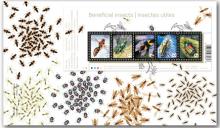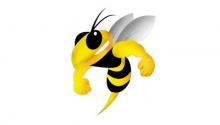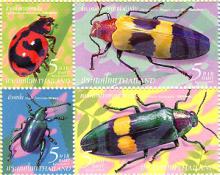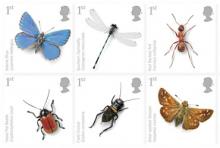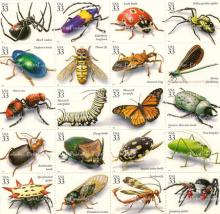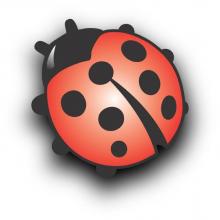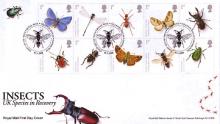Neonicotinoids are killing the web of life
In the past 4 years alone a quarter of a trillion honeybees have died, prematurely. A number of factors have collided including mites, bacteria, fungus, bee husbandry, neonictinoids and climate change. The latter two are particular glaring; government regulatory bodies have the power to halt neonictinoids and take immediate corrective action against climate change. Neonictinoids are a neuro-active insecticide fashioned after nicotine; they poison nerves and specifically prevent acetylcholine from enabling neurons to communicate with each other and with muscle tissue. Neonictinoids were targeted to kill leaf-sucking insects, but they also painfully kill bees. In humans for instance, the neonictinoid-chemicals would trigger symptoms mimicking Parkinson's and Alzheimer's diseases. The Systemic Insecticides: A Disaster in the Making by Dr. Henk Tennekes has conclusively shown that neonictinoids persist in European soils and waterways for years. Neonictinoids are known to kill beneficial soil organisms like springtails, beetles and earthworms. Robbing the soil of beneficial fauna reduces its ability to decompose leaf litter and other organic matter - it alters the process of recycling nutrients, essentially impoverishing the soil. This, in turn, reverberates throughout entire ecosystems. For instance, Western European populations of common grassland feeding birds rely on springtails, beetles and earthworms for their sustenance, they have dramatically declined. Populations of their avian predators like Eurasian goshawks and northern goshawks have likewise fallen, significantly. Neonictinoids are killing the web of life. In 2012 British, French and American researchers corroborated Tennekes findings that neonictinoids impair honey- and bumble-bees from locating their hives instead they wind up destitute, shivering to death. A recent 2013 European study again has come to these startling conclusions. The European Food Safety Authority's (EFSA) latest report found that neonictinoids pose a serious threat to worldwide bee populations -- compromising Earth's biosphere. Clearly, it is time for the EPA to review all neonictinoids with an independent science team similarly to what Australia has embarked upon. It is incongruous to deliberately exterminate wild and domesticated bees when our burgeoning 7 billion population relies lock, stock, and barrel on their very existence.

